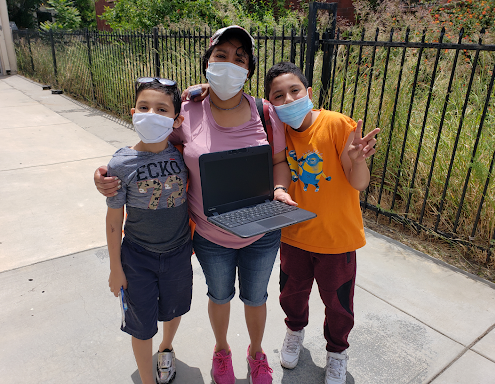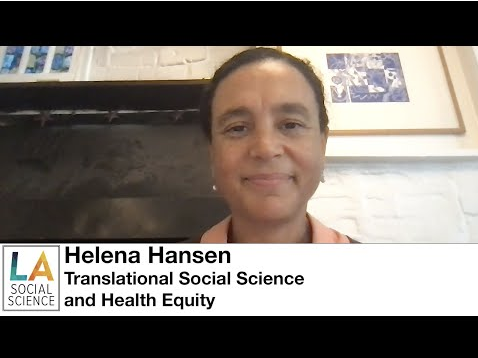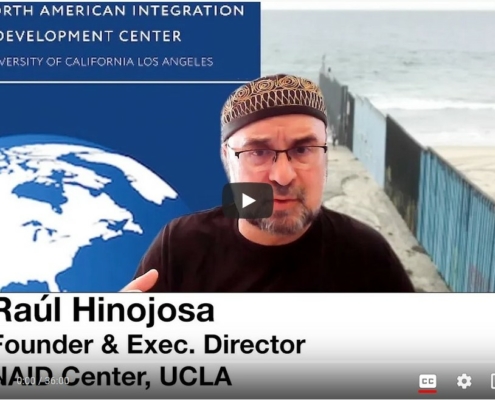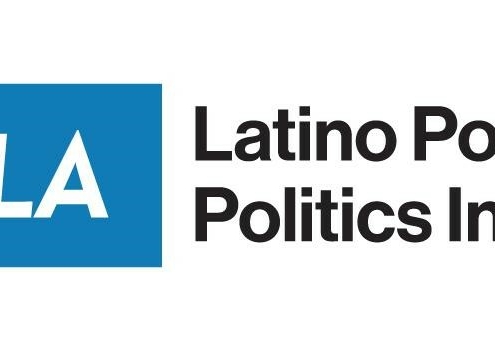Posts

Janitor-Parent Experiences During the COVID-19 Pandemic
By Lucy González, Graduate Student Researcher; Sophia L.…

UCLA LPPI Stakeholders Reflect on Transition from ‘Initiative’ to Institute
"Latino Policy and Politics Institute Founding Executive…

LA Social Science Presents “Conversations With Changemakers” Featuring Dr. Helena Hansen Discussing the Center for Social Medicine and Humanities
LA Social Science interviewed Dr. Helena Hansen, an MD, Ph.D.…

LA Social Science 2022 Summer Courses for UCLA Department of Communication – Enroll Today!
LA Social Science wants to highlight some of the summer courses…

Register for Tomorrow’s “Neoclassic or New Classics? Challenges, Debates, Perspectives” Roundtable by the UCLA Program in Experimental Theory
Organized and moderated by Professor Giulia Sissa (Classics,…

UCLA LATINO POLICY AND POLITICS INSTITUTE ANNOUNCES INAUGURAL LATINO APPLIED POLICY RESEARCH AWARDS
By Jose Garcia, Policy Fellow at the UCLA Latino Policy and…

LA Social Science Presents “Conversations with Changemakers” Featuring Dr. Raúl Hinojosa Discussing the Recent Conference Commemorating 25 Years of UCLA NAID Center’s Research & Innovation
LA Social Science recently interviewed Dr. Raúl Hinojosa,…

CSW’s 2022 Distinguished Leader in Feminism Award
Join the UCLA Center for the Study of Women (CSW) for a special…

Dr. Rodrigo Dominguez-Villegas and Dr. Natalie Masuoka are Making the Power of AAPI, Latino Voters Clear
By Alise Brillault April 26, 2022 Some of the UCLA…

LA Social Science Book Series Examining Anti-Muslim Racism with Professor Sherene Razack
LA Social Science interviews Dr. Sherene Razack, Distinguished…

